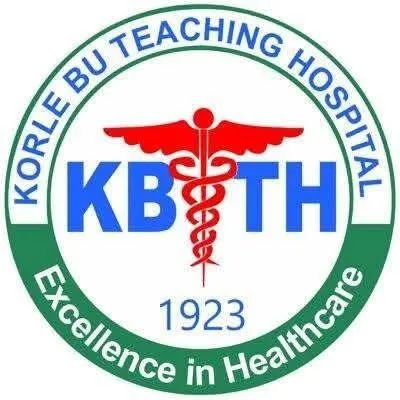Korle Bu Teaching Hospital reports 700 cancer cases annually.
Korle Bu Teaching Hospital reports 700 cancer cases annually.

Korle Bu Teaching Hospital (KBTH) has been documenting an average of 700 cancer cases each year since 2005, as Africa continues to grapple with over 24,000 new cases annually.
Dr. Hannah Naa Gogwe Ayettey, Consultant Oncologist at KBTH, revealed the figures during a cancer research symposium focused on understanding the unique characteristics of cancers in Africa to improve treatment outcomes, as reported by the Ghana News Agency.
The event was held under the banner of Precision Medicine for Aggressive Breast Cancers (PMABC), a research initiative aimed at advancing cancer care across Sub-Saharan Africa.
Dr. Ayettey emphasised the need for collaborative research and capacity building to tackle the growing cancer burden.
“The mission of PMABC is to strengthen institutions and researchers across Africa to reduce the cancer burden through advanced research and improved care for diverse populations globally,” she said.
Dr. Ayettey, who also serves as AORTIC’s General Secretary, emphasized the socio-economic barriers many African cancer patients face, including the high cost of treatment, which often delays care.
She urged patients to seek medical attention early to avoid complications and called for greater public awareness and community involvement to facilitate early detection.
In partnership with AORTIC, the symposium “Catalysing Basic and Translational Cancer in Africa: Advancing Progress and Capacity Building” gathered distinguished researchers and health professionals to focus on high-burden cancers, including breast, cervical, prostate, colorectal, and oesophageal cancers.
Dr. Miriam Mutebe, AORTIC President, stressed the importance of early cancer diagnosis. “Many cancer patients can be treated and cured if they are diagnosed earlier,” she said.
She emphasized that breast cancer, the most common cancer affecting young women in West Africa, has a survival rate of up to 90% due to early detection.
The symposium underscored the pressing need for investment in research, diagnostics, and patient support to counter the escalating cancer incidence across Africa.
Source: GNA.com

